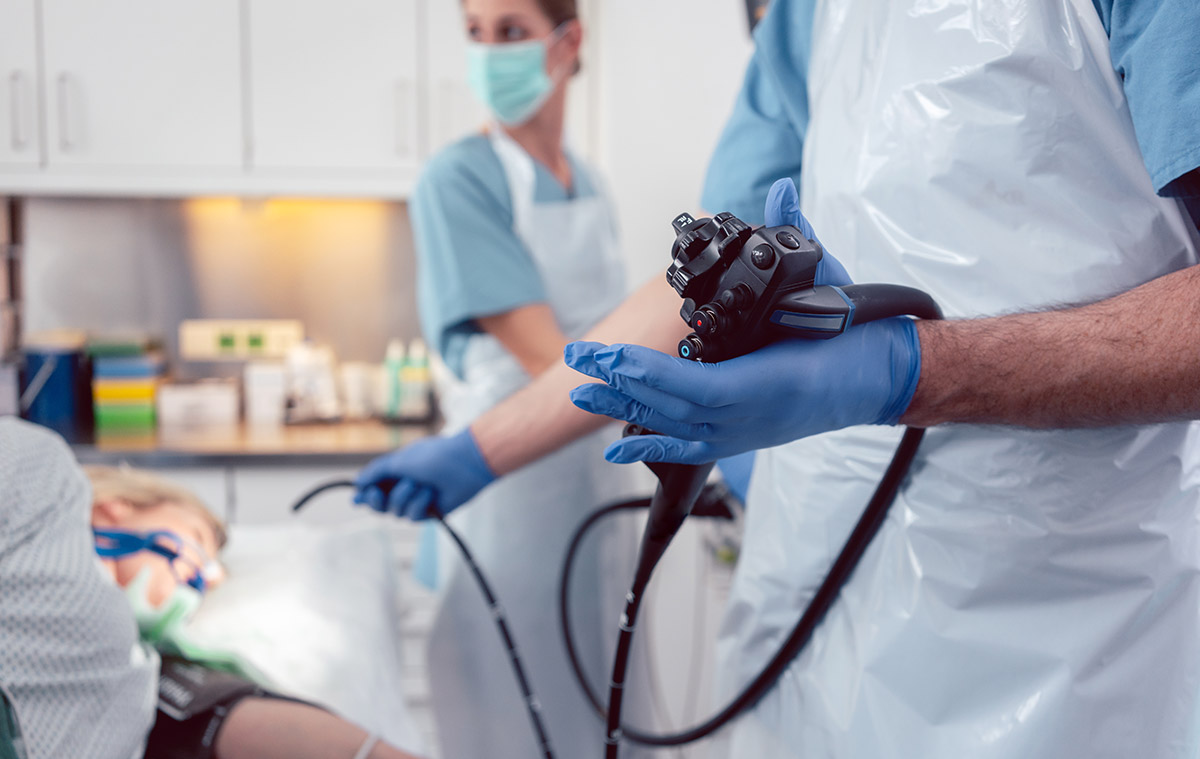If you are experiencing digestive problems, stomach ulcers, or persistent heartburn, your doctor could advise an endoscopy. An endoscopy is a medical procedure that allows a doctor to examine the inside of the body using a thin, flexible tube with a camera and light on the end. Katy endoscopy can be used to diagnose and treat various conditions and is typically performed by a gastroenterologist, a doctor specializing in the digestive system.
Here are reasons why you may need an endoscopy.
- Gastroesophageal Reflux Disease (GERD)
Endoscopy is also used to diagnose and treat GERD, a condition in which stomach acid leaks back into the esophagus, causing heartburn and other symptoms. An endoscopy can help to determine the cause of the problem and may also be used to perform procedures to help alleviate the symptoms of GERD.
- Digestive problems
Endoscopy can also diagnose and treat various digestive problems, such as constipation, diarrhea, and abdominal pain. This procedure can help identify the cause of these symptoms and allow the doctor to perform any necessary treatments.
- Inflammatory Bowel Disease (IBD)
Endoscopy is an important tool for diagnosing and monitoring IBD, a group of conditions that includes Crohn’s disease and ulcerative colitis. An endoscopy can help to determine the extent of the inflammation and the severity of the disease and can also be used to monitor the effectiveness of treatment.
- Celiac Disease
Endoscopy is used to diagnose celiac disease, an autoimmune disorder that causes damage to the small intestine when gluten is consumed. An endoscopy can help determine the presence of villous atrophy, a condition indicative of celiac disease.
- Barrett’s Esophagus
Endoscopy is also used to diagnose and monitor Barrett’s esophagus, a condition in which the cells in the lining of the esophagus change and become abnormal. This condition increases the risk of esophageal cancer, and endoscopy can help detect and monitor any cell changes.
- Gastroparesis
Endoscopy can also diagnose gastroparesis, a condition in which the stomach takes longer than normal to empty its contents. This can cause various symptoms, such as nausea, vomiting, and abdominal pain, and endoscopy can help determine the cause of the problem and the best course of treatment.
- Blood in the stool
Blood in the bowels indicates many illnesses, such as colon cancer. Bowel cancer is treatable if detected early. When you wipe yourself after using the restroom or if you find any blood in your stool, you should see your doctor, who could recommend an endoscopy to determine the cause of your problem.
An endoscopy is a safe and effective procedure used to diagnose and treat a wide range of digestive problems. It is typically performed as an outpatient procedure, and you can return to your normal activities within a day or two. If you are experiencing abdominal pain, heartburn, or gastrointestinal bleeding symptoms, speak with your doctor to determine if endoscopy is right for you.
Call Imperial Digestive Health Specialists to book your appointment for an endoscopy.





